Legal Innovators Conference Review
After a year of half-pyjama zoom meetings, it was nice that my first face-to-face event was a legal conference – the perfect excuse to dress up and drink free wine.
The majority of the guests at Innovators 2.0 came from law firms, in-house legal teams, or LegalTech companies. As a university researcher, it felt like I'd been invited to another company’s office party. And, just like a party-crasher, there was a lot of fun to be had in figuring out how these three groups know each other.
Quite well, as it turns out. From secondments and partnerships right across to in-firm incubators, there is clearly a close-knit community of legal innovators that has been growing out of the heart of London. Many talks of the two days were dedicated to it. How to pick a tech tool and the company that backs it, when to take a law firm’s advice on tools you should be bringing in-house, and the strategic benefits of home-brewing tech entrepreneurs and putting a bit of wind in their sales.
The talks given by the tech companies were, in particular, a nice surprise. A presentation from Scissero on the difference between theory and practice in machine learning on the first day, and one from Neota Logic on design principles on the second stand out in memory. I’ve been in the tech industry for a while now, and it doesn't take much wiggle room for a tech explainer to dove tail into a sales pitch. A line never crossed at Innovators 2.0. That could say something of the organisers, Artificial Lawyers, enforcing a strict party line. I got the impression that it was professional courtesy. LegalTech is growing, but small. Alienation is destructive. No one pays money and time for the pleasure of being asked to spend more money and time, so they didn't ask. And, if they did, that was done from the stalls in the hallway which you were free to duck between and hide from. If that's what you wanted.
LegalTech is not where innovation begins nor ends for the law firms at Innovators 2.0. Where graduates and outsiders-looking-in may be concerned about the ultimate mass replacement of human-lawyers with the artificial, for those on the inside it's obvious that 'culture', 'mindset', and 'process' are the buzzwords of change. There's the obvious monetary benefit to outcompeting other law firms on these dimensions, but it was said more than once over the two days that these are necessary changes for firm survival. “The next generation is here”, is cried “and they refuse to exchange time for money”. At least, not in the way it has been in the past. Quality of life is the name of the game if you want to attract the talent and sparing them from the drudgery of 'the ways of yore' is crucial. “That's the way my granddad did it” no longer flies, apparently.
But the people focus goes further than getting lawyers on board with the new tech. In fact, new tech seems more of a peripheral focus. First comes process design, efficiency improvements, and novel approaches to problem solving. Unbundling packages and focusing on your teams' strengths. Bundling packages to leverage your cross-team specialisms. My favourite question of the conference asked about efforts to encourage neuro-divergent workers to take up posts in law firms. The panel responded positively - programs are being developed to do just that. A manoeuvre the makes perfect sense. In an era of alternative thinking, no-one is primed to do it better than those historically excluded for out-dated preconceptions. My own two cents would be concern for the culture foisted upon those that work in law firms, and where it might rub with neuro-divergent individuals. You could not get my old flatmate to put on a suit for love nor money, and that's something firms will have to accept if they truly want out-of-the-box thinkers in their strategic meetings.
The takeaway from the conference, and for anyone scratching their chins at the thought of 'innovation' and what that might mean for the traditionalist legal industry, is that people (lawyers, consultants, process designers, and everyone else that makes up a competitive firm) come before tech. They might even, and this a radical notion, be starting to come before the work.
Legal Innovators 2.0 was held in London, UK, between the 21st and 22nd of October and was organised by Artificial Lawyer and conference director George Yankov.'

